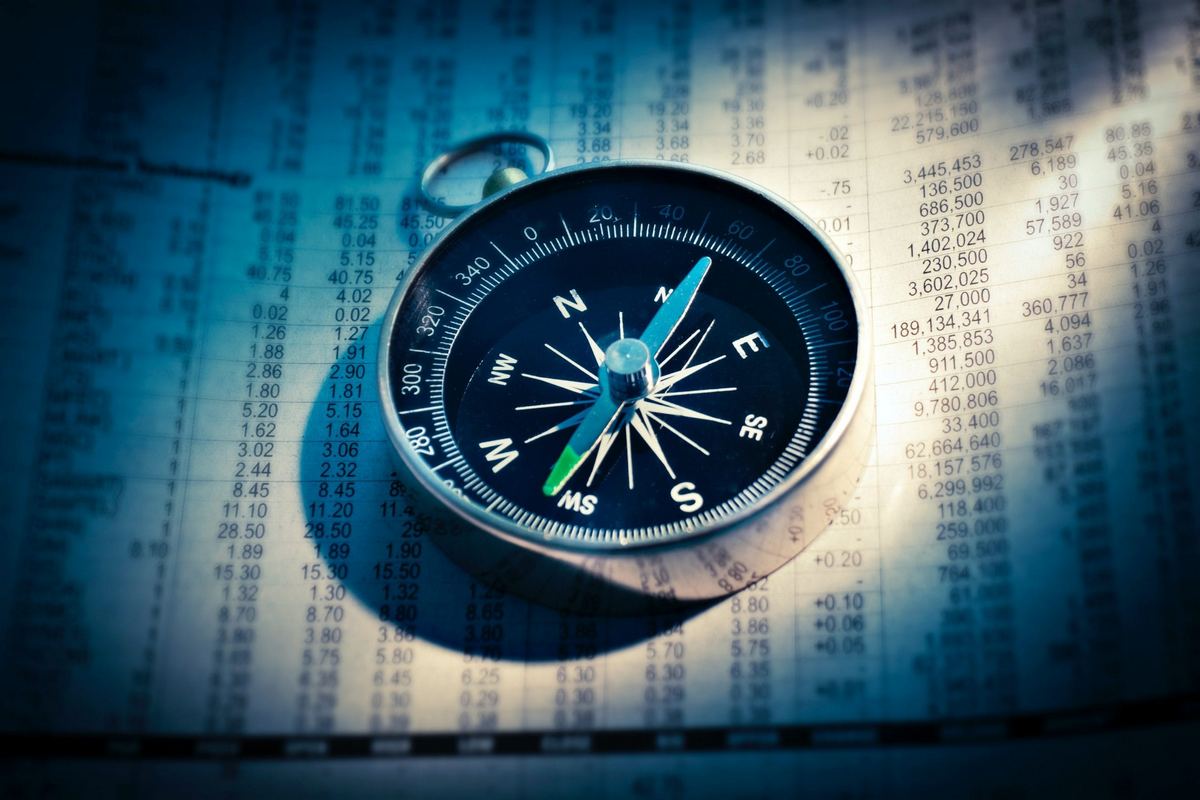By David Koch, CFP®, AIF®, CFA, Senior Wealth Advisor
We previously discussed FOMO – the Fear Of Missing Out – but the on other side of the coin, there is an equal and opposite phenomenon that we at the office have dubbed FOLÉ (pronounced “foh-lay”). This is the Fear Of Losing Everything.
FOMO may make you feel sad and alone, but FOLÉ is darker. It hits you in the chest, it keeps you up at night, staring at the ceiling.
FOLÉ can be stronger when you have lived longer. The more successful you’ve been, the more you have to lose. It’s incredibly difficult to stay with a buy-and-hold strategy when you won’t have the resources to buy anything again down the road should you lose it all.
FOLÉ is absolutely a real fear, and it moves markets. Think of everything that you worked for, through decades of sweat and toil. Building a company from scratch or working 12-hour days. It takes a lifetime to amass a lifetime’s worth of savings, by definition. The last thing you want to see is the market wipe it all out.
I sometimes tell the story about clients of mine whose life savings were cut in half, twice. The first time by going to cash in 2002, only to reenter the market in 2007. The second time a few years later by going to cash in the spring of 2009. They hired us in 2017 when they decided to get back into the market again. At least, with our management, they didn’t do it again with the COVID crash.
Fate or free will?
“Locus of control” is the degree to which people believe that they have control over the outcomes of the events in their lives. The concept has been around since the 1950s and typically changes as we age. Those who sit firmly in the external locus of control camp believe that their lives are pretty much dictated by factors beyond their control.
If you believe that you are in control of your life, have free will, and can guide your destiny, that’s an internal locus of control.
Some people tend to equate positive outcomes with internal factors such as hard work or their innate abilities – while attributing negative outcomes to external factors such as bad luck. Others equate positive outcomes in their lives with external factors such as luck, while ascribing negative outcomes to internal factors like their own inability to perform well.
This relationship correlates with self-esteem and self-efficacy. There have been plenty of studies focused on seeing how one’s perspective changes over time. The locus of control relates to FOLÉ: As they age, some people tend to feel like they have less control of their lives. Sometimes this is because they really do.
It can be useful, particularly in tumultuous markets, to examine your own attitudes toward where the locus of control lies in your life. Obviously, when markets are falling, that aspect of your life is out of your control. But what you can control is how you respond to those external events. In my next blog, I’ll dive more deeply into the market-moving aspects of FOLÉ.
Disclaimer:
Halbert Hargrove Global Advisors, LLC (“HH”) is an SEC registered investment adviser located in Long Beach, California. Registration does not imply a certain level of skill or training. Additional information about HH, including our registration status, fees, and services can be found at www.halberthargrove.com. This blog is provided for informational purposes only and should not be construed as personalized investment advice. It should not be construed as a solicitation to offer personal securities transactions or provide personalized investment advice. The information provided does not constitute any legal, tax or accounting advice. We recommend that you seek the advice of a qualified attorney and accountant. All opinions or views reflect the judgment of the author as of the publication date and are subject to change without notice. All information presented herein is considered to be accurate at the time of writing, but no warranty of accuracy is given and no liability in respect of any error or omission is accepted.


